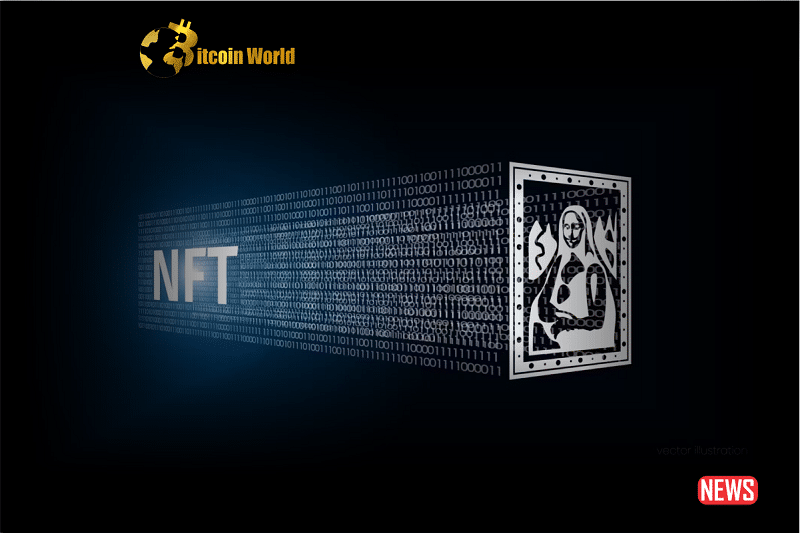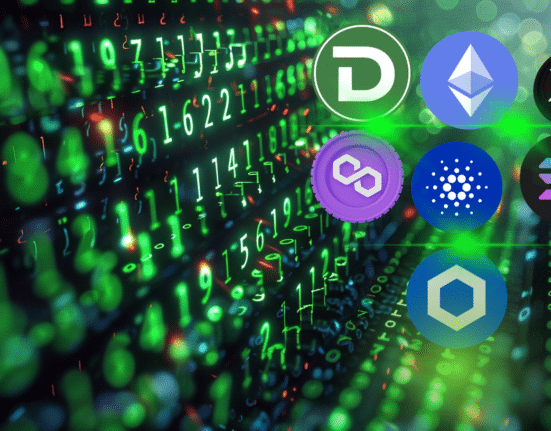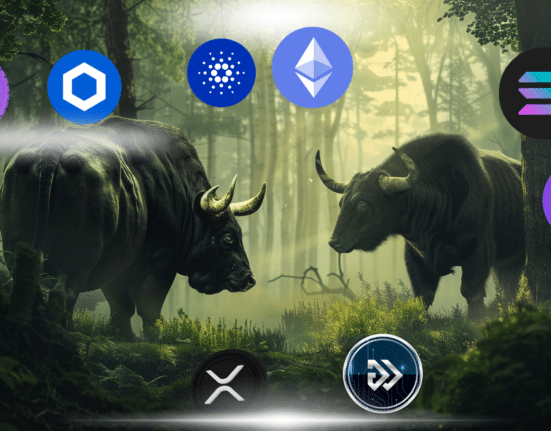NFT royalties have emerged as a groundbreaking concept within the non-fungible tokens (NFTs) world. These royalties, which represent a commission or percentage of revenue creators earn when their NFT artworks are resold, have revolutionized how content creators earn and sustain a passive income from their original creations.
Understanding the mechanics of NFT royalties is essential. During the initial sale of an NFT, the creator receives 100% of the price. However, when the NFT is subsequently sold in the secondary market, the creator receives a predetermined royalty percentage. Typically ranging from 5% to 10%, this percentage is encoded into the smart contract of the blockchain platform hosting the NFT.
The implementation of NFT royalties is seamless. Smart contracts automatically enforce the terms and conditions set by creators, ensuring that royalties are distributed accordingly. When a secondary sale occurs, a portion of the sale price is reserved and delivered directly to the original creator’s wallet address. This distribution is usually conducted in the native currency supported by the platform, such as ETH, for Ethereum-based platforms like OpenSea and Polygon.
It is crucial to note that NFT royalties are independent of market fluctuations. While the sale price of an NFT may vary over time due to factors like demand, scarcity, and utility, the royalties received by creators remain consistent, providing them with a stable income stream.
Nevertheless, NFT royalties have sparked controversy and debate within the NFT and crypto community. Some individuals question the necessity of paying creators royalties, fearing it may discourage potential buyers. Conversely, many view NFT royalties as an essential feature of the ecosystem, offering creators a sustainable source of income while rewarding originality and encouraging competition.
Different types of NFT royalties exist across various marketplaces. Some platforms provide optional royalties, granting NFT owners the choice to pay a percentage to creators upon resale. Others, like LooksRare, combine optional royalties with a distribution of platform fees to creators and collection owners. Musicians can also benefit from NFT royalties, as platforms like Ditto Music enable the acquisition of song shares, resulting in monthly royalty payments via blockchain platforms like Bluebox.
The advantages of NFT royalties are plentiful. First and foremost, they establish an ongoing income stream for artists, recognizing and compensating them for their original work. Additionally, these royalties ensure a fair value distribution within the NFT ecosystem, benefiting creators, collectors, speculators, and platforms alike. By embedding royalties into smart contracts, the blockchain enforces the terms of the NFT, guaranteeing that creators receive their rightful share of the profits. Furthermore, the market demand for NFTs incentivizes creators to produce high-quality, unique content, fostering innovation and artistic excellence.
Several popular NFT marketplaces have embraced the concept of royalties. OpenSea, the largest NFT marketplace, introduced optional royalties in 2022, allowing creators to set a minimum royalty of 0.5%. LooksRare, the second-largest platform, offers optional royalties while sharing 25% of trading fees with creators. Nifty Gateway employs enforced royalties, deducting 5% of each NFT sale plus 30 cents for credit card processing fees. Rarible follows a similar approach, charging a 2% fee from both buyers and sellers. SuperRare takes 15% of the first sale and allocates 10% in royalties to the original creator for secondary sales.
Despite the numerous benefits, criticisms and controversies surround NFT royalties. Concerns regarding market manipulation and fairness have been raised. Market manipulation can occur when individuals artificially inflate the price of an NFT to increase royalty payments. Furthermore, optional royalties have generated uncertainty about long-term sustainability and fairness for artists and content creators. Ethical dile















